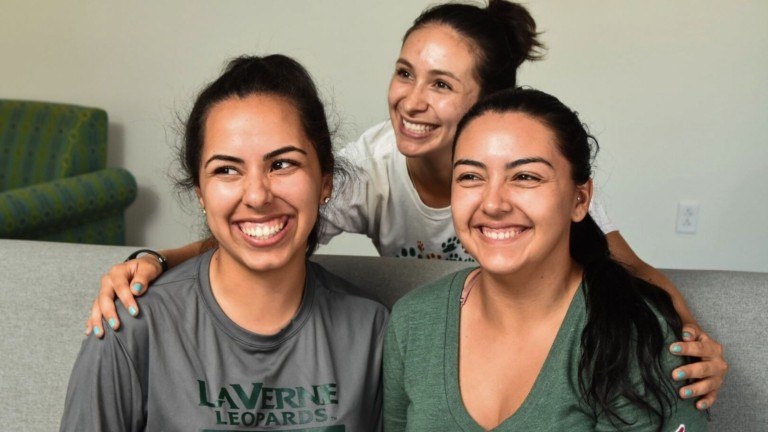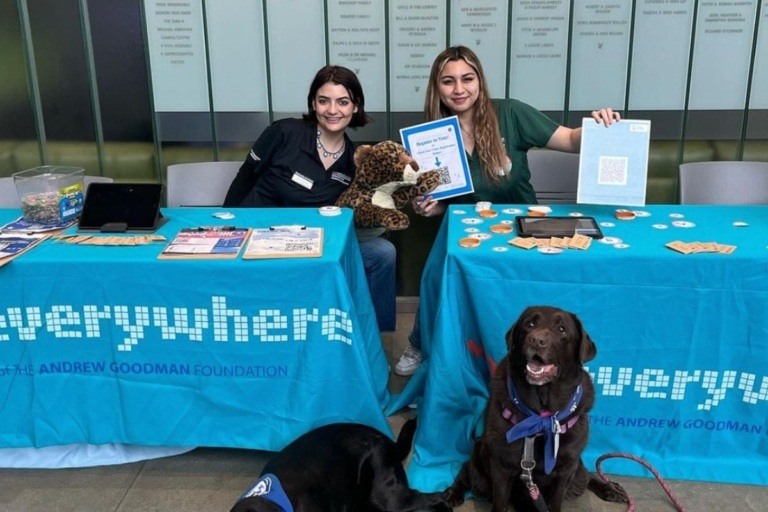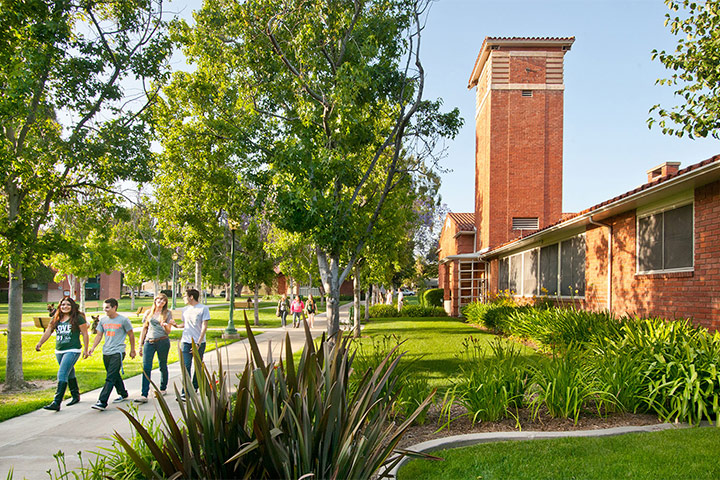Professor Susan Exon Moderates Riverside County D.A. Debate
In the midst of an extremely contentious race between two candidates for Riverside County District Attorney, University of La Verne College of Law Associate Dean and Professor of Law Susan Exon was asked to moderate a public debate. The election cycle was already in full swing, with allegations from both camps dominating public discussion and attracting plenty of media attention.
Exon, who had less than 20 days to prepare, realized the key challenge she faced heading into the 90 minute debate hosted by the Riverside County Bar Association (RCBA) involved establishing the proper environment.
“I felt it was important for me to be objective, so I sat down and scripted out the entire debate; not only the questions but also my opening and closing comments. I used my mediation knowledge and experience to format the questions,” said Exon. “Of course I didn’t do this alone. There were so many people who helped me prepare for the debate. There was a core group of RCBA Board members who gave me ideas for the procedures and sent me potential questions.”
While she was aware the election between incumbent Paul Zellerbach and prosecutor Mike Hestrin had become combative, Exon knew she needed to be well versed in the issues and details.
“I didn’t know all the aspects of the race at first. I did a lot of research and talked to a lot of people. I guess that’s my trial preparation background, being over-prepared because you don’t want to be surprised by anything,” said Exon. “It was a tremendous compliment to me that so many have commented afterward that I did my homework and that the questions were so well thought out.”
Then just days before the scheduled event, Zellerbach announced that he would not participate in the debate. That led to long discussions with RCBA Board members on what should be done. The local electorate was primed and ready, so it seemed prudent to find a way to use the scheduled event in a reasoned and informative manner.
“We decided to take it from a debate to being a public forum,” said Exon. “I was still going to moderate, still ask Mr. Hestrin many of the same questions I had already prepared for the debate, and I was going to keep him to a time limit for his responses. I even had several additional questions I added that I thought would give the public a better understanding of the office and the race.”
After spending days reworking her script, Exon was presented a new challenge. While going through final preparations the morning of the event, a sudden flurry of email messages changed the stage yet again. Zellerbach had announced his decision to attend. The forum was again a debate.
Exon went back to her original script and revised it, reviewing all the questions and editing it down to make sure it provided each candidate sufficient time for response.
As she walked down the hall in the RCBA Building toward the John Gabbert Gallery, chosen site for the debate, Exon noticed lines of people standing along the walls, waiting to enter. The gallery had been arranged for theater-style seating, allowing for the largest possible audience. “They said it was set up for an audience of 160, but I’ve seen some accounts that put more than 200 in the room,” she said.
The candidates had agreed that no video or audio recording would be allowed, leaving the media unable to directly broadcast the debate.
“We had already decided that no campaign posters would be allowed in the room, that no one would be allowed to wear campaign pins, and that the audience would not be given a chance to ask questions,” said Exon. “I even made sure to state that we would allow no loud comments from the audience to prevent interruptions, and made it clear that if anyone interrupted during a candidate’s response to a question, whatever time was lost would also be taken away from the other candidate’s response time. Outside a few words that were said, one or two that drew laughter from the audience, it was a very well behaved group.
“My goal was to make it calm and accommodating,” she explained. “We all knew there was plenty of energy coming into the event. I wanted to keep it professional.”
Media reports following the debate focused on the candidates and the issues. While Exon received numerous calls from colleagues and local officials applauding her efforts, she appreciated the chance to use her experience and to provide an example she can use in the classroom.
“It’s an opportunity to show my students that what they’re learning in the mediation and conflict management are applicable to many situations,” said Exon. “The methods and ideas and techniques we teach, including those I used in this instance, are things that they will use in both their professional and their personal lives.”


